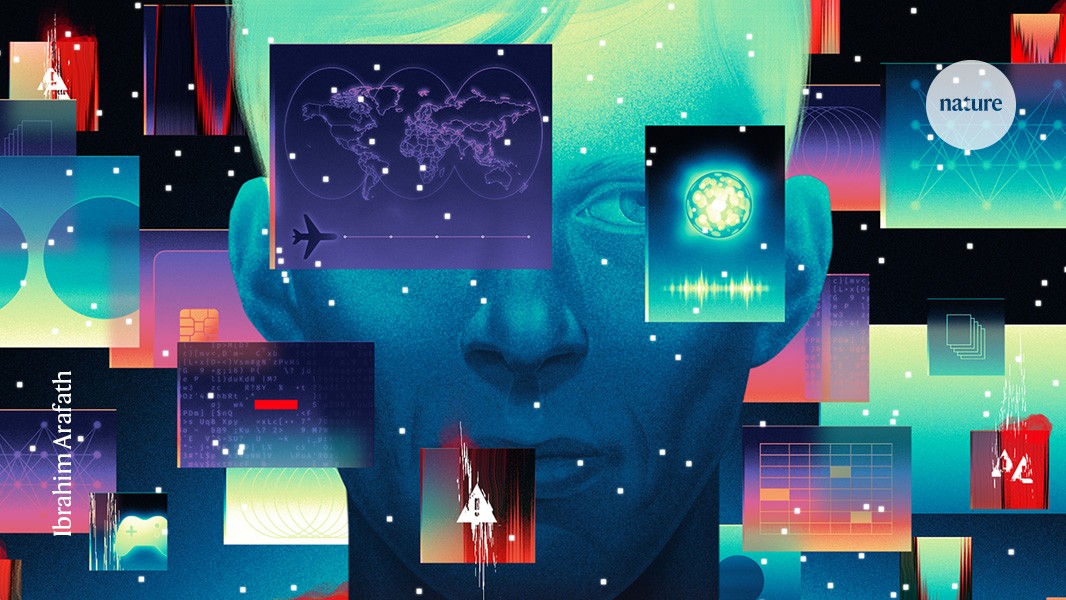
"The rise of more-capable AI agents is likely to have far-reaching political, economic and social consequences. They could unlock significant economic value, estimated at $2.6 trillion to $4.4 trillion annually from generative AI."
"AI agents might serve as powerful research assistants and accelerate scientific discovery by efficiently managing complex multistep requests and performing tasks independently."
"Questions arise regarding responsibility when AI agents operate independently in society, particularly in cases where they make mistakes that can lead to legal disputes."
"Companies like Salesforce and Nvidia are pioneering the use of AI agents in customer service, handling tasks such as web browsing, price comparison, and executing transactions."
AI developers are transitioning towards building autonomous agents that can perceive environments and act independently. Examples include digital agents making purchases online and robots performing physical tasks. Companies like Salesforce and Nvidia are already implementing these technologies in customer service. Future AI assistants may handle complex requests such as switching mobile contracts independently. The possible economic impact of generative AI agents could reach between $2.6 trillion and $4.4 trillion annually. However, risks include accountability for agents' actions and consequences of errors made by autonomous systems.
Read at Nature
Unable to calculate read time
Collection
[
|
...
]